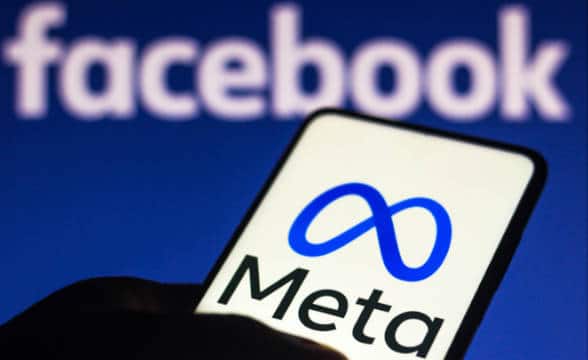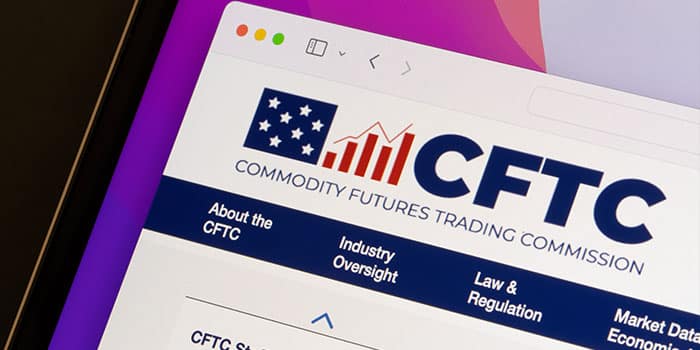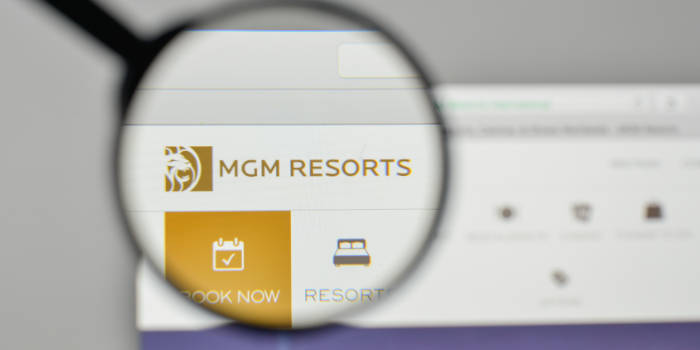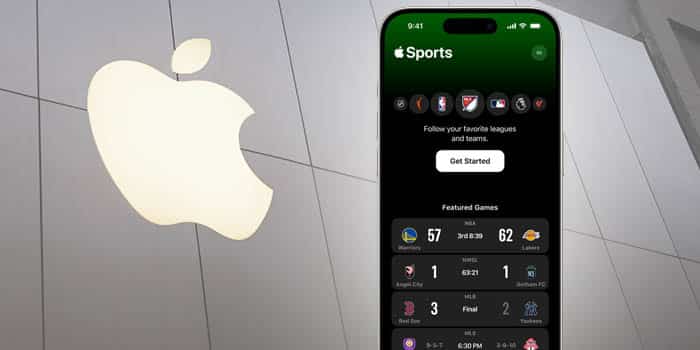Social Players Won Battle, Not War Against Meta, Google, and Apple

Social casino players are miffed as they believe that technology giants such as Apple, Google, and Meta must be doing far more to prevent fraudulent casino and gaming apps from appearing on their platforms. All three defendants have so far argued that they are not liable for any losses incurred through social gaming on any of their channels, while the defendants have riposted that it was ultimately the tech platforms’ job to ensure that fraudulent parties are not admitted in the first place.
Social Casino Players Insist Tech Firms at Fault
Now, the Northern District of California shared an opinion in which it partially sided with the social casino users. Judge Edward J. Davila argued that “reasonable minds could differ as to the outcome of this case.” Social casino players are not letting up as they alleged that illegal gambling has proliferated using the aforementioned companies’ platforms.
The lawsuit comes with different complaints, including unjust enrichment, gambling loss, and more. Judge Davis though has not offered the plaintiffs a definitive win. Rather, he explained that it would be now down to another party to determine beyond reasonable doubt who the responsible party for the illegal conduct is.
Judge Davila also upheld the plaintiffs’ second theory of liability in which they alleged that the companies were liable for their own conduct – not that of the game developers. However, Judge Davila could not agree with the other two theories put forward by the plaintiffs which alleged that platforms had “editorial” functions or hold them accountable for sharing big data.
But the case is much bigger as well, as it de facto seeks to create a precedent in which the companies may be granted immunity for hosting allegedly unlawful social casino apps. That is why Judge Davila has sought an immediate interlocutory appeal. The case has been stayed while the Ninth Circuit Court decides whether it will accept the certification.
Yasmin is an accomplished iGaming and gaming journalist with over 10 years of experience writing for various publications. Her expertise spans the entire iGaming sector, traditional sports, and online poker. Yasmin's comprehensive knowledge of online gaming adds significant depth to our coverage, making her an invaluable asset to our team.

















